
Alexander the Great
Momentum-driven trailblazer who unifies teams around daring campaigns and rapid expansion.
A complete directory of the leaders featured in our Historical Leaders Personality Quiz — organized by archetype, with fast summaries so you can choose the most relevant profile to read next.
Read it like a playbook: pick a leader archetype, open a profile, then steal the habits that work in modern teams.
Start with the quiz, then use this page to explore close runner-ups.
Each profile is a Q&A hub: strengths, blind spots, and practical “next step” actions.
Big-picture builders: narrative, ambition, and momentum. Great for founders, transformation leaders, and anyone steering change.

Momentum-driven trailblazer who unifies teams around daring campaigns and rapid expansion.
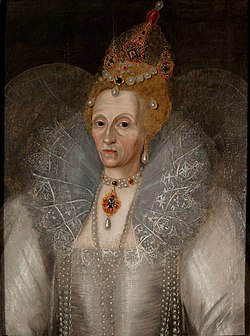
Balances factions from the center with poise, optics, and impeccable timing.

Crisis communicator who fuels perseverance with vivid language and stubborn courage.

Cultured reformer leveraging art, ideas, and diplomacy to expand influence and institutions.

Inclusive empire builder who honors local traditions while uniting diverse regions.
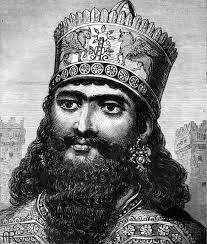
High-velocity executor who finishes what was started, even if it means racing through deserts to do it.
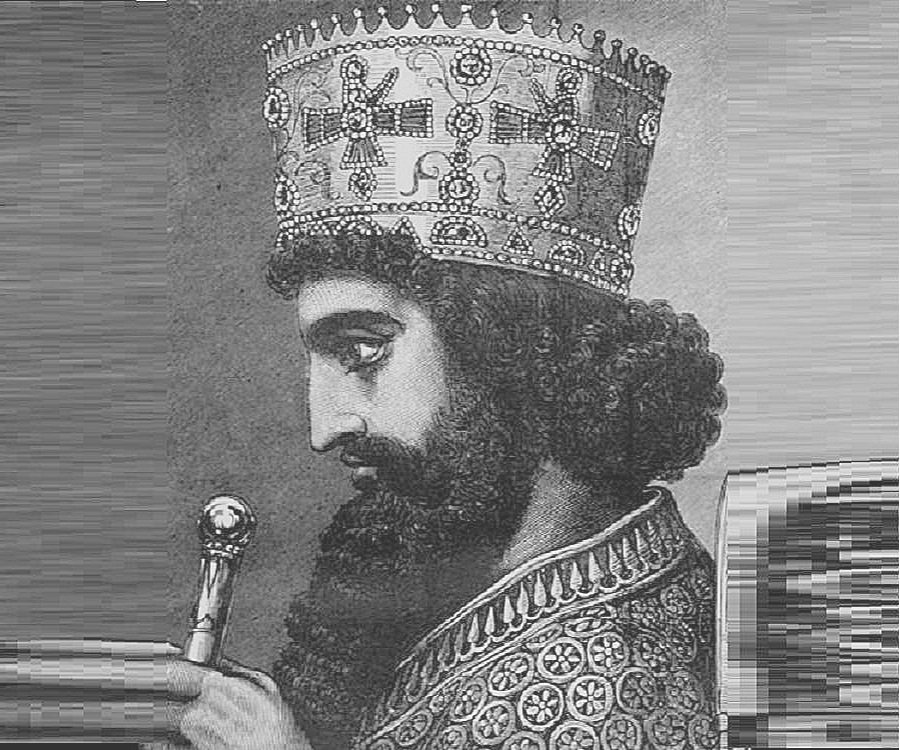
Coalition orchestrator who uses spectacle, ritual, and massive builds to keep empires synchronized.
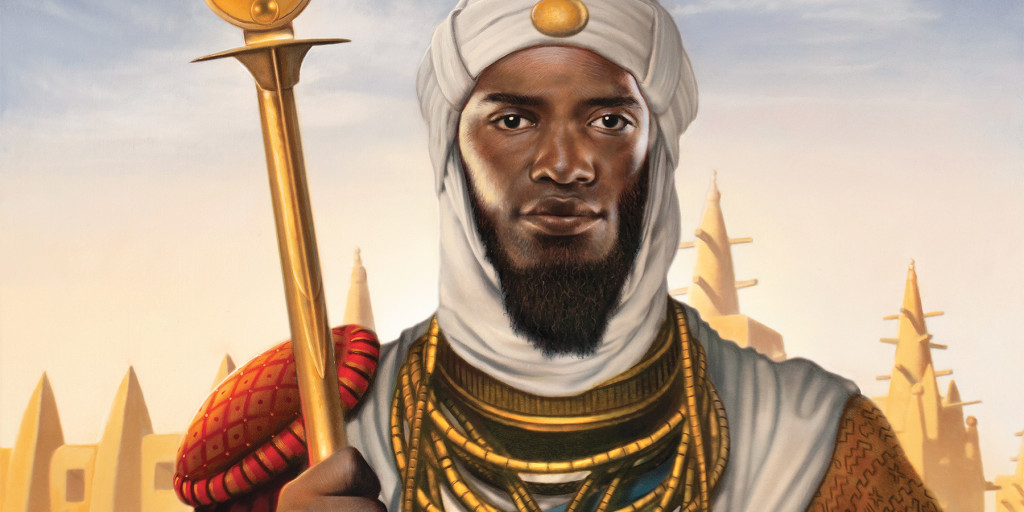
Philanthropic strategist who converts wealth into education, trade corridors, and goodwill.
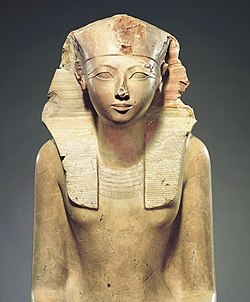
Narrative-savvy builder who legitimizes change through trade, art, and immaculate logistics.
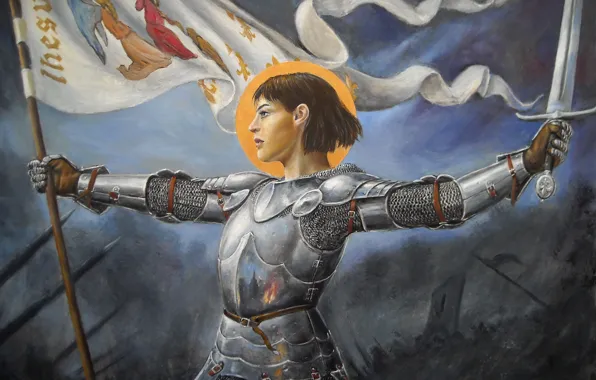
Conviction-charged catalyst who rallies people through fearless presence and moral clarity.
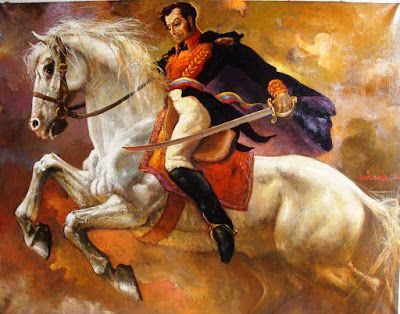
Continental coalition builder translating liberation momentum into bold republican experiments.
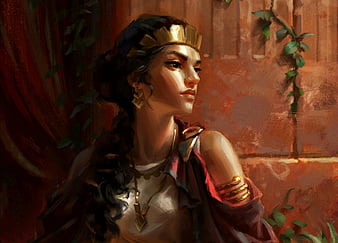
Bold trade commander who seizes chokepoints, races ahead of empires, and knows when to vanish.
Influence-first strategists: negotiation, coalition-building, and reading incentives. Ideal for managers, mediators, and alliance builders.
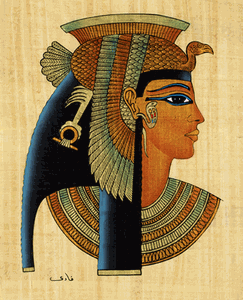
Diplomatic power player translating relationships, narrative, and timing into strategic leverage.
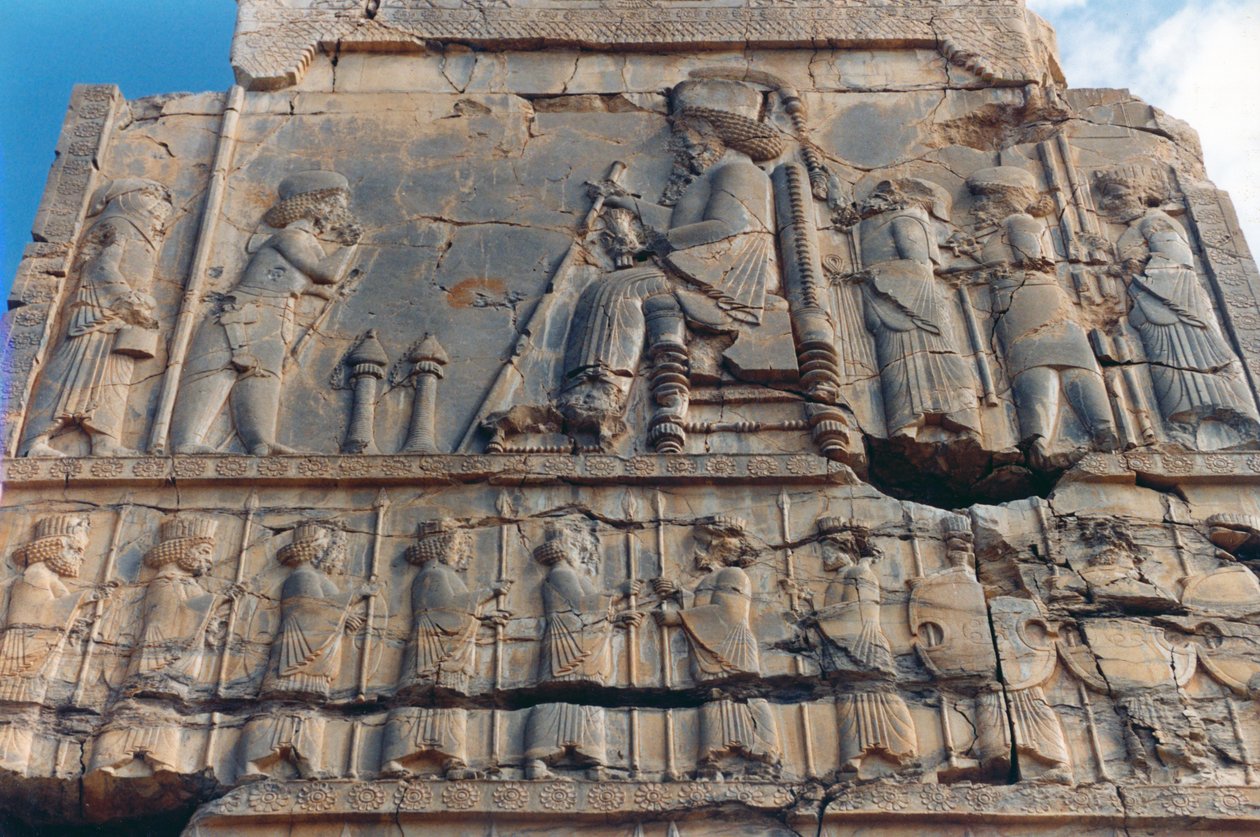
Diplomatic caretaker managing elite coalitions without losing control.
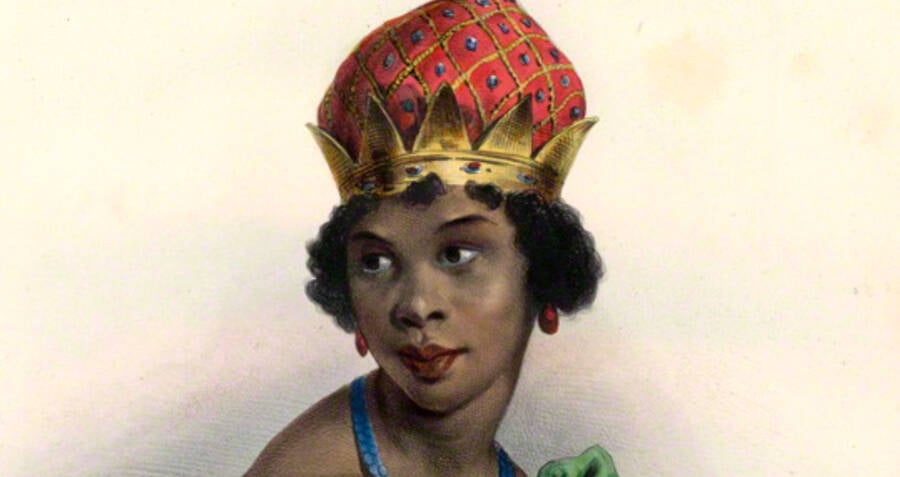
Adaptive negotiator-warrior who keeps empires guessing with bold pivots and layered alliances.
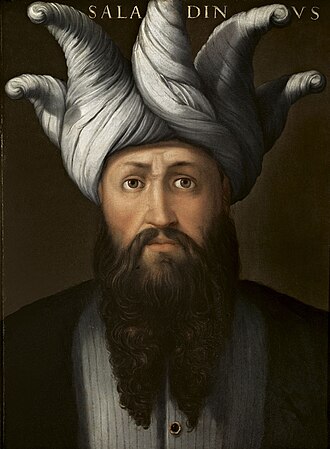
Honor-first mediator who pairs disciplined defense with treaties respected by every side.
Calm under pressure: persistence, patience, and grit. Best for crisis work, long projects, and leading through uncertainty.

Reconciles divided groups with dignity, patience, and vision for an inclusive future.

Transforms steadfast values into collective action through disciplined calm and symbolism.

Empathetic mediator framing shared purpose through humble storytelling and resolve.
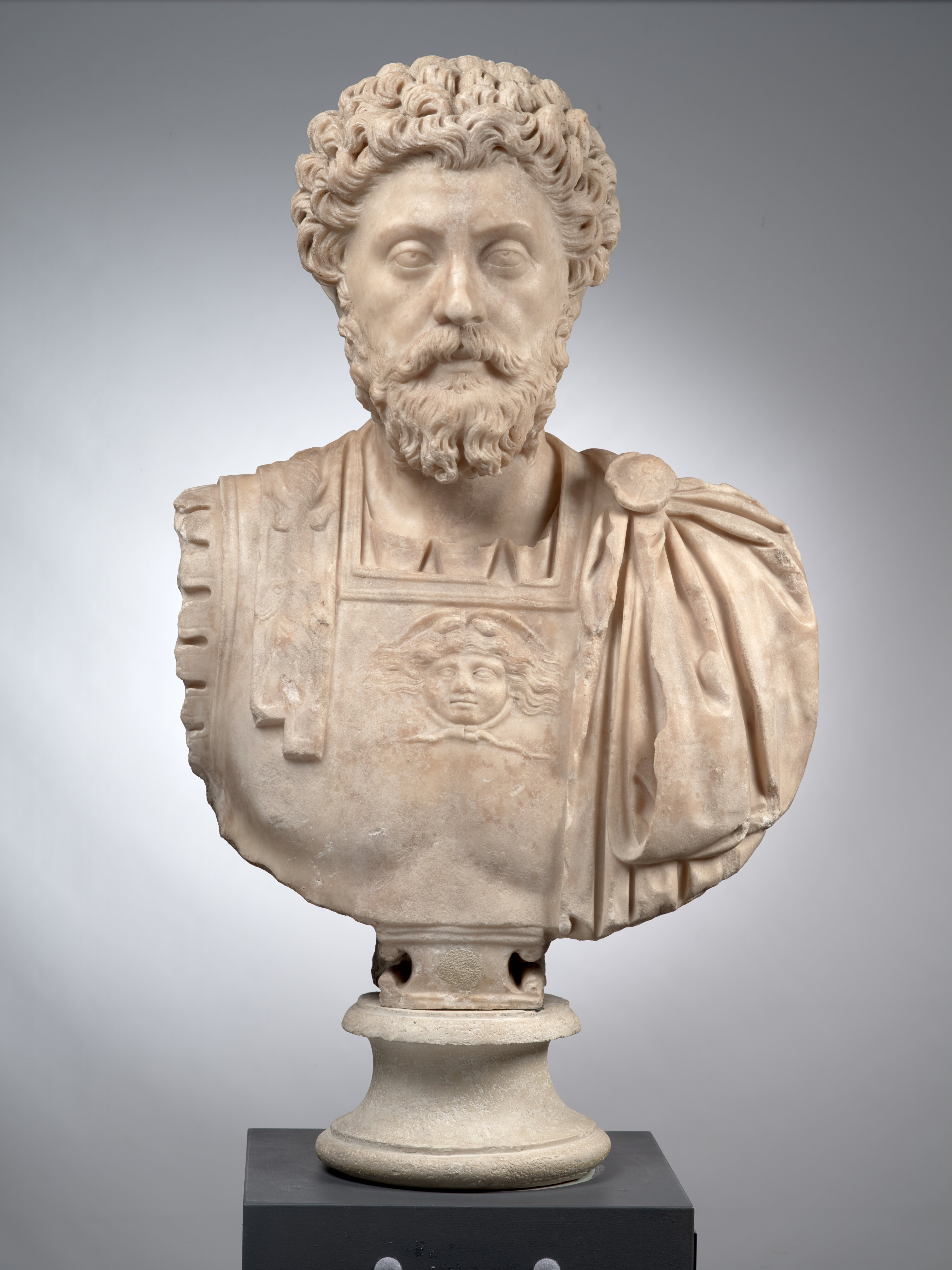
Philosopher-king balancing duty, discipline, and calm leadership under pressure.

Frontier polymath blending engineers, priests, and cavalry to hold the line against chaos.
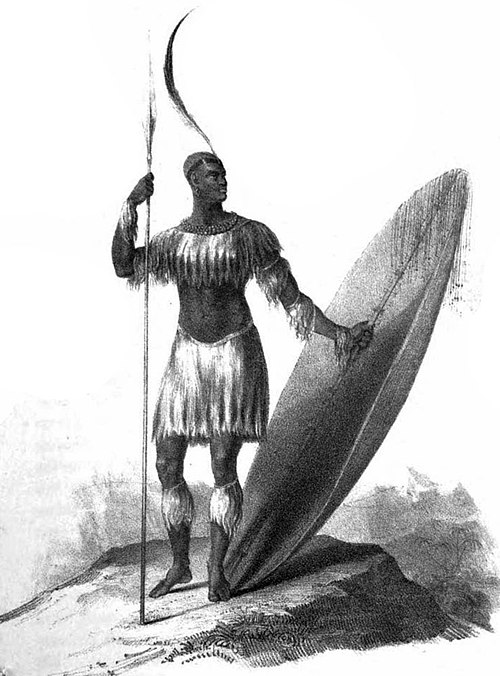
Intense systems innovator who weaponizes training, discipline, and rapid iteration.
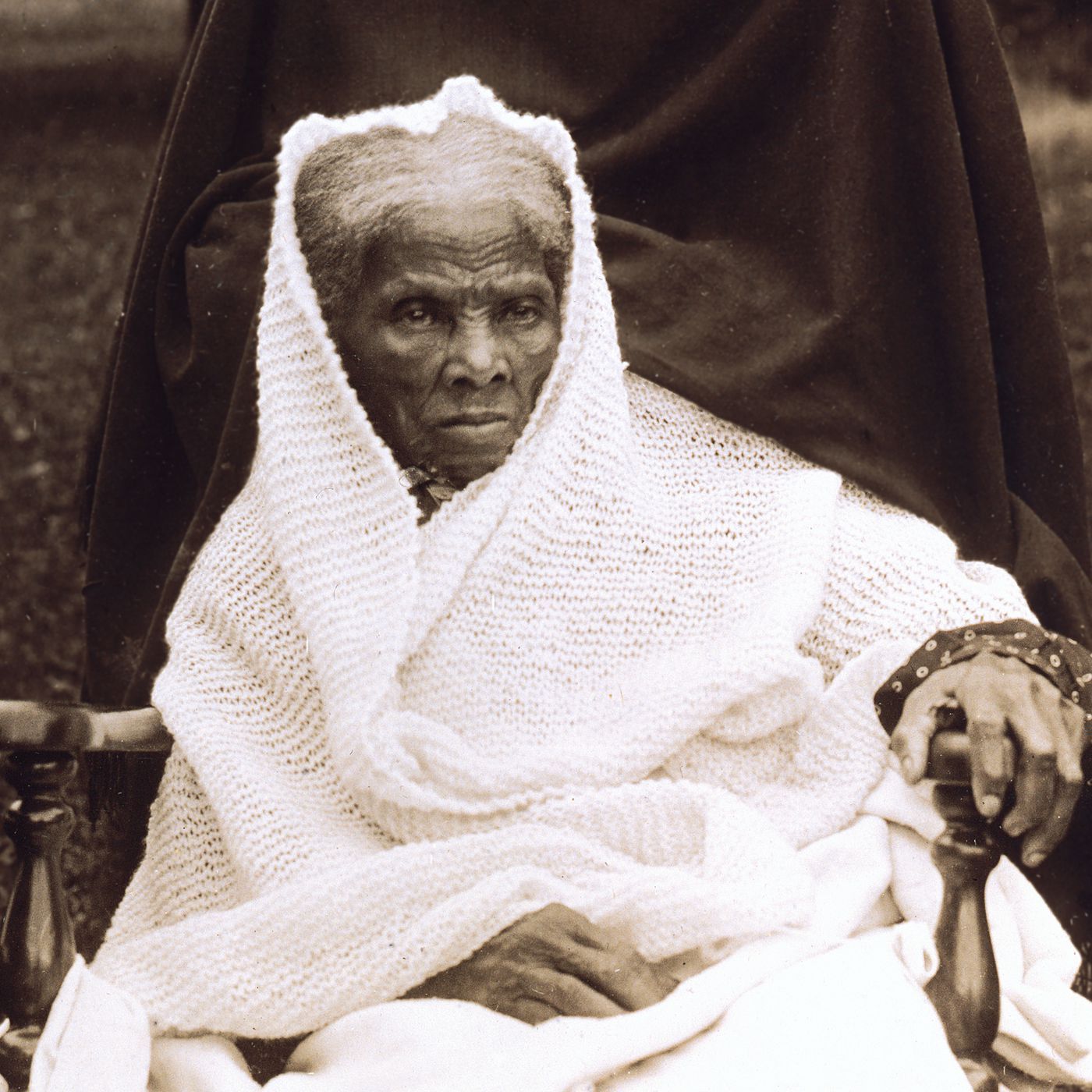
Precision liberator who maps covert operations with empathy, courage, and tactical patience.
System-changers: policy, institutions, and durable improvements. Great for modernizers, operators, and builders of structure.
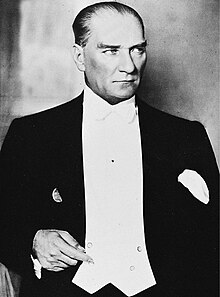
Bold reformer translating modernization mandates into disciplined, lasting change.

System builder converting chaos into durable order, rituals, and shared governance.
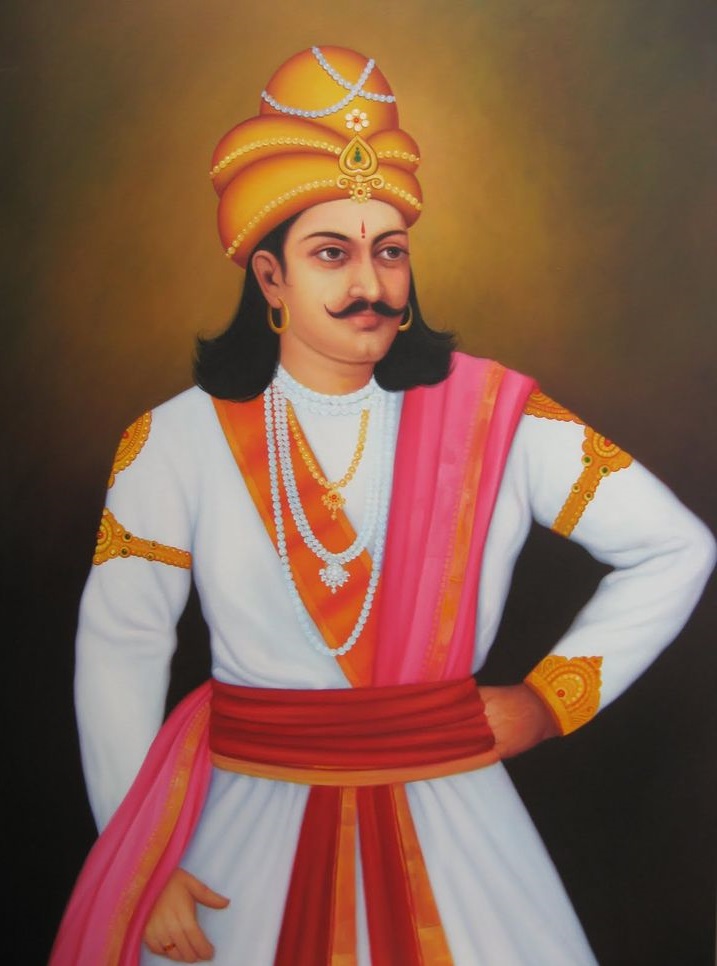
Compassionate reformer redirecting imperial power toward welfare, justice, and unity.

Systems architect who turns explosive growth into audited routes, satrapies, and predictable revenue.

Justice-first modernizer who funds academies, tax reform, and welfare audits to keep society trusting the center.

Restoration architect weaving faith and reform into a resilient new state.
Decision architects: planning, execution, and high-leverage tradeoffs. Great for operations, tactics, and complex projects.

Operational mastermind pairing bold strategy with meticulous execution and elite standards.
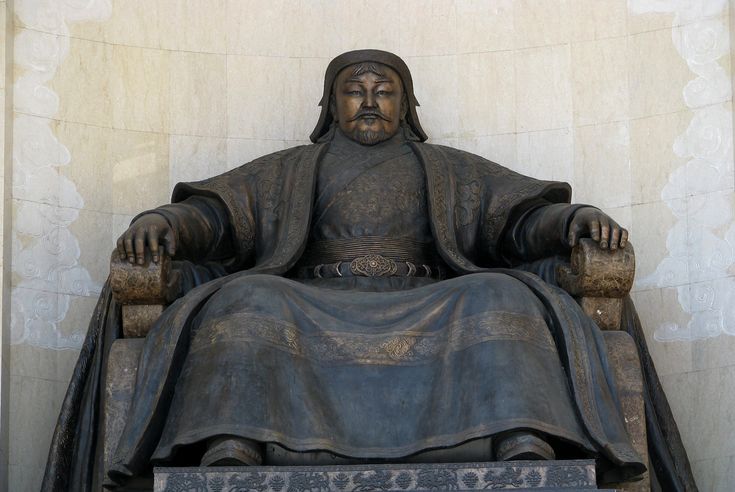
Network builder who scales systems fast, rewards merit, and adapts at breakneck speed.
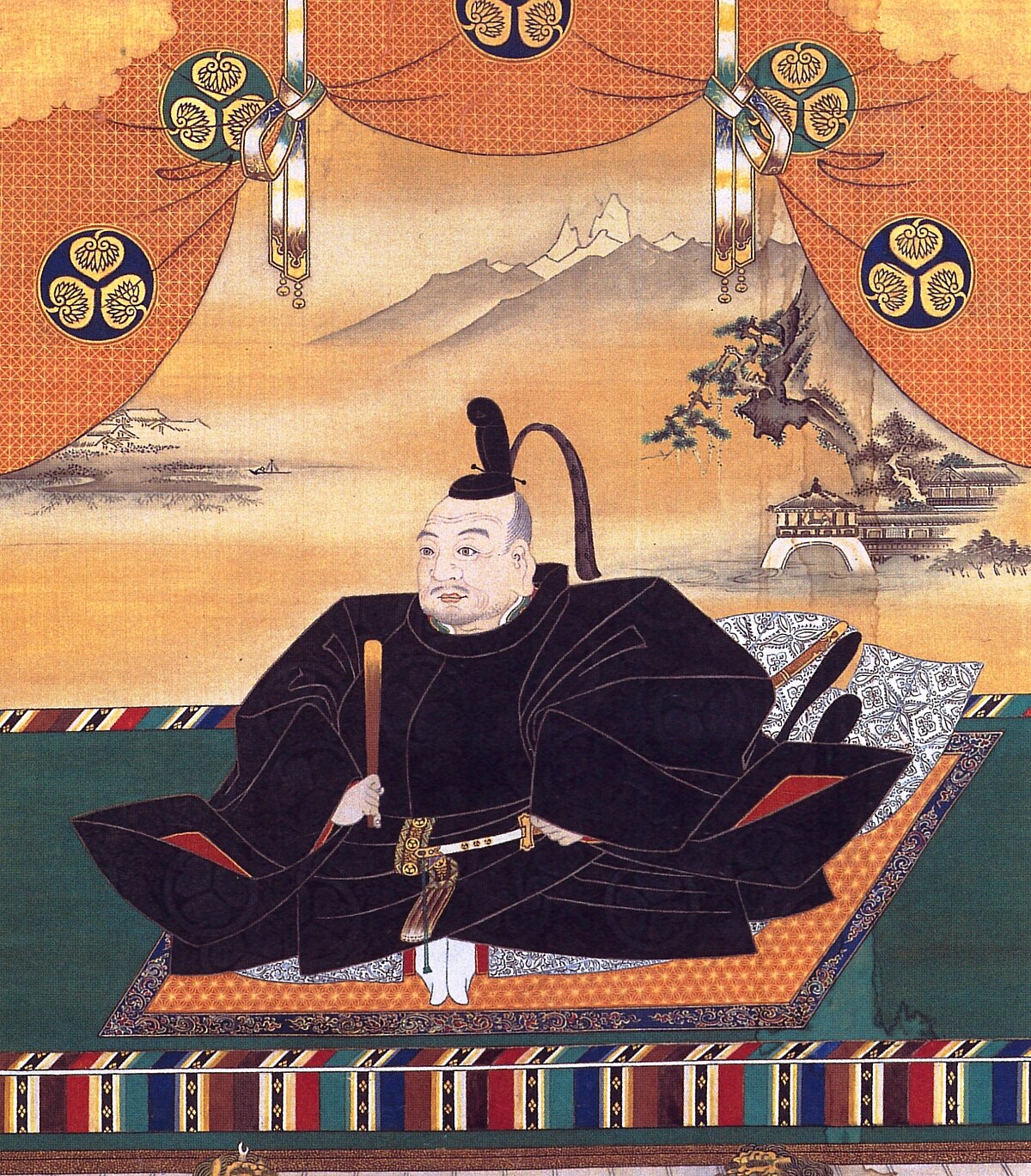
System designer keeping peace through structured hierarchy and long-term foresight.

Lawgiver-architect who marries dazzling culture with rigorously fair governance.
Fast answers about how to use these profiles.
This page is a directory. The quiz (on leaders.html) matches your style to a leader archetype and suggests which profiles to explore.
Each leader profile is a Q&A hub with practical leadership takeaways — strengths, blind spots, and modern translations — built to be skimmed quickly.
Use them as conversation starters: compare archetypes, map complementary strengths, and discuss how different styles handle tradeoffs under pressure.